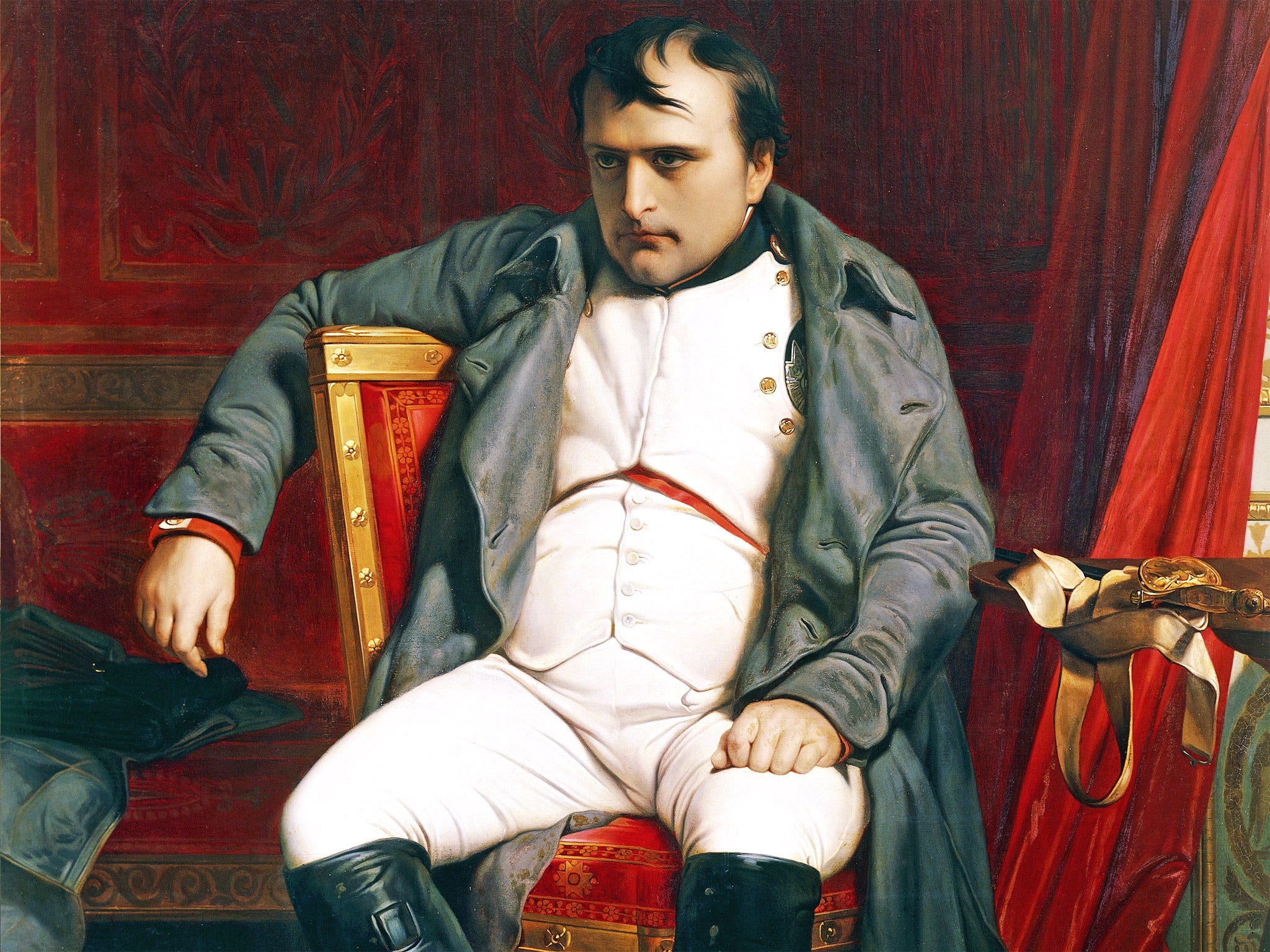This is what i think is going through Yarn's head before we start to talk:

1.) How did the Industrialization Proliferate Across the Continent?
THREE MAIN REASONS:
- 1.) Skilled Ambitious Workers
- William Cockerill - Lancashire carpenter
- He created a cotton spinning equipment in French-occupied Belgium
- British workers came illegally to work for him
- So this spread the advancing information across the continent #PROLIFERATION
- British technicians/skilled workers --> force in spread of INDUSTRIALIZATION WHOO HOOO!
- 2.) Entrepreneurs --> Fritz Harnort
- The Watt of Germany
- he felt a "religious calling" to build STEAM ENGINES
- He wanted Germany to match the English industrial achievements
- but LOL HE NEEDS MONEY/SKILLED WORKERS
- so his attempt ultimately failed BUT HIS ATTEMPTS --> illustrated the efforts of a few business leaders to duplicate the British achievements
- EVERYONE IN GERMANY LIKE:
- 3.) Government
- Final force for the PROLIFERATION
- Tariff protection --> France created high tariffs on British imports in order to PROTECT french economy
- ALSO governments across Europe helped finance the construction of rxr, transportations, canals, etc
- therefore - with the help of government finances --> the spread of ideas TRAVELED (literally) across the continent
2.) Why was Great Britain so ahead? How did they keep their new technologies within their borders?
- WELL THEY MADE IT ILLEGAL FOR SKILLED WORKERS TO LEAVE BRITAIN
- they did not want any other country to "BE ON TOP" WELL SUCKS CUZ AMERICA IS ON ITS WAY
3.) What did the reading on List provide you as far as the government being a third agent of industrialization
- List wanted TARIFF PROTECTION
- Also supported the government financing the building of railroads
- "A good system of protection does not imply any monopoly in the manufacturers of a country; it only furnishes a guarantee against losses to those who devote their capital, their talents, and their exertions to new branches of industry." - List
- WELL THEN WHAT ABOUT IF THAT CREATES A MONOPOLY?!?!?! well...
- "There is no monopoly because INTERNAL competition comes in the place of FOREIGN COMPETITION"
- FINALLY - List supported the formation of CUSTOMS UNION - Zollverein - among the SEPARATE GERMAN STATES IN ORDER TO UNITE THEM
4.) How would tariffs make industry prosper?
- Ok so basically - COUNTRY WANTS PEOPLE TO BUY THEIR GOODS FROM THEIR OWN INDUSTRY/TRADE MARKETS
- IF BRITISH SALT COSTS 5 BUCKS (euros? idk) BECAUSE OF A TARIFF BUT FRENCH SALT COSTS 1 DOLLAR IMMA BUY THAT IN FRANCE
- Side note - Germany is made up of different states
- when they issued tariffs ==> internalized the economy because internal manufacturing became more popular and more people realized it is a profitable industry
- also the tariff united German states because now they all want to buy German goods YAY
- *WHEN BRITAIN TRIES TO GET GERMANS TO BUY THEIR GOODS*
5.) Economic Nationalism is Mercantilism?!?! (S/O to Maeve for this question)
- So basically Yarn said they are similar and different ..... thanks for that clarification SMH BUT HERE IS WHY:
- Economic nationalism --> focused on the economy - making the nation prosper due to economic UNITY
- England – free trade joint stock companies/ individual benefits / private development leads to national economic prosperity
- Meanwhile in France – mercantilism for benefit of the state
- Both have same goal = increase economic prosperity of country
- Difference - mercantilism – bolstering economy – economy of absolute monarch like in France
- Mercantilism Cared less about business/ppl involved while economic nationalism – "regulations by the government allow private businesses to prosper"- Yarn
6.) SIDE NOTE IN 1913 LETS TAKE A MOMENT TO REMEMBER WHEN THE UNITED STATES OF AMERICA SUPRASSED BRTAIN - WHOSE ON TOP NOW????







